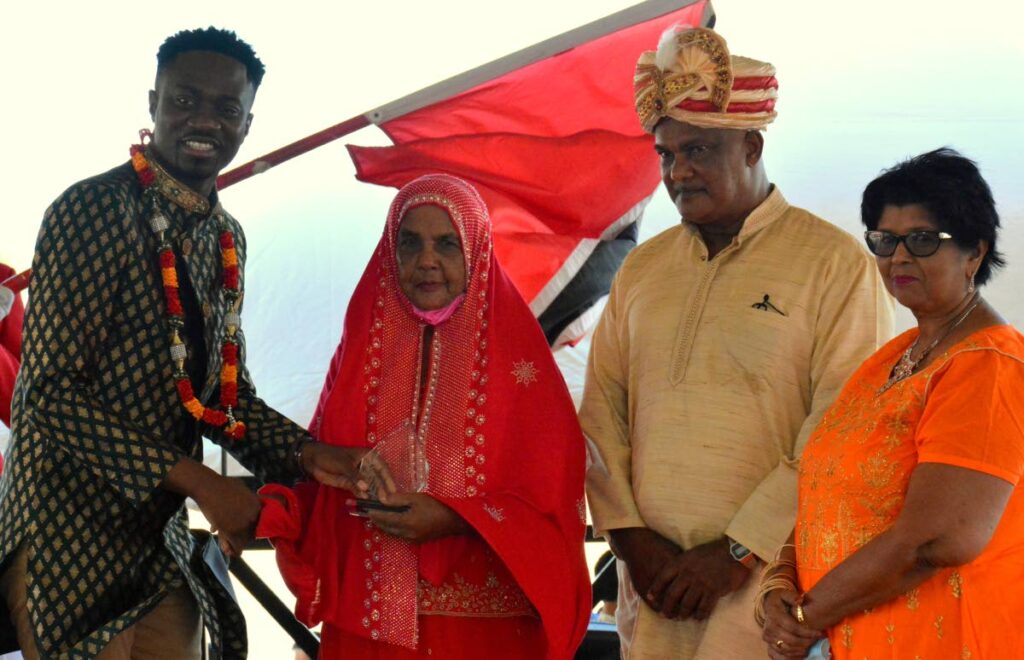Chief Sec: Politicians create 'fictional lines' between people

THA Chief Secretary Farley Augustine has said politicians should take most of the blame for creating what he called “fictional lines” between the two major ethnicities in Trinidad and Tobago – Africans and East Indians.
He was addressing a gathering on Sunday during Indian Arrival Day celebrations in Scarborough, Tobago.
The event, which featured a host of cultural performances, was organised by the Tobago Hindu Society.
“As a country, we must never ever allow people to divide us needlessly. And it is unfortunate that sometimes the beauty that is Trinidad and Tobago is spoilt and it is primarily spoilt by politicians, I must say, who tend to create these fictional lines between our peoples when, in fact, we all experienced the brunt of colonialism that brought us here.
"And so we ought to be united in finding a post-colonial society that is strong economically, that is strong in terms of our infrastructural development, innovation and invention,” he said.
Augustine argued that East Indians and Africans both endured forms of servitude when they were brought to the Caribbean. But he said successive generations of descendants did not accept their lot but sought to better themselves and the lives of their children.
“Look at where we are now. Look at what we have been able to achieve, the level of comfort that we have now. And so, as a country, we should be proud of what we have been able to achieve.”
Referring to the chorus of the Black Stalin (Dr Leroy Calliste) classic, Caribbean Man, in which he sang that the “ambition of the Caribbean man should be to push one common intention for a better life in the region,” Augustine noted: “Black Stalin was not saying literally that we came on the same ship, but metaphorically it is that ship experience that brought us all to this place – not a very fortunate one, one fraught with abuse, one fraught with deceit, one fraught with exploitation of our peoples in order to satisfy the economic sustainability of a metropolitan country elsewhere.”
He recalled this country’s first Prime Minister Dr Eric Williams, in his PhD thesis for the Capitalism and Slavery book, had written about exploitation in the region.
“He opined that it was the capitalism of slavery and all its works that led to the industrial revolution in First World countries while we remain underneath and I am saying to all of us here today, days like today must remind us of the need to work together as Caribbean peoples in ensuring that we improve our economic fortunes. For every new generation that comes they must experience something greater than we had.”
Augustine told the audience that East Indians continue to hold significant positions in business, academia and other areas.
“You must be proud of what your community has been able to achieve and proud of what your community has been able to contribute to the landscape that is Trinidad and Tobago.
“The point is that we have come a long way as a country and we have come along this journey after having experienced the traumas of colonialism and we should not allow people to use these fictitious lines drawn up for us by our colonial masters to keep us from working together and building our a stronger society.”
During the event, Augustine, on behalf of the Tobago Hindu Society, also presented a special award to East Indian descendant Zaniffa Mohammed and her son Azard for their contribution to the development of the island.
Mohammed has eight children and 18 grandchildren.

Comments
"Chief Sec: Politicians create 'fictional lines' between people"